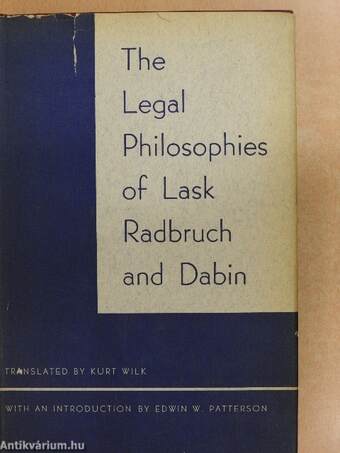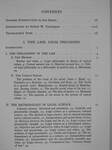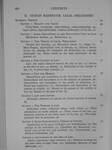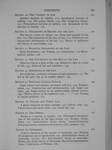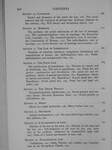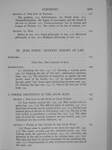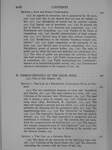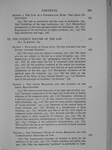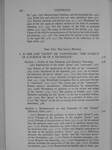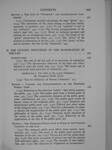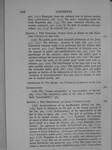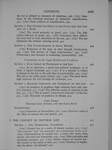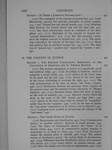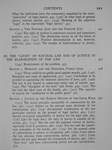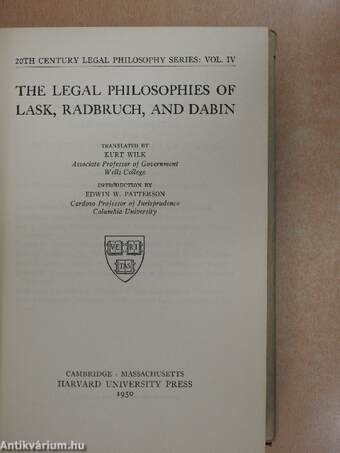1.063.251
kiadvánnyal nyújtjuk Magyarország legnagyobb antikvár könyv-kínálatát

VISSZA
A TETEJÉRE
JAVASLATOKÉszre-
vételek
The Legal Philosophies of Lask, Radbruch, and Dabin
| Kiadó: | Harvard University Press |
|---|---|
| Kiadás helye: | Cambridge-Massachusetts |
| Kiadás éve: | |
| Kötés típusa: | Ragasztott kemény kötés |
| Oldalszám: | 493 oldal |
| Sorozatcím: | 20th Century Legal Philosophy Series |
| Kötetszám: | 4 |
| Nyelv: | Angol |
| Méret: | 22 cm x 15 cm |
| ISBN: | |
naponta értesítjük a beérkező friss
kiadványokról
naponta értesítjük a beérkező friss
kiadványokról
Fülszöveg
THE LEGAL PHILOSOPHIES OF LASK, RADBRUCH, AND DABIN
Translated by Kurt Wilk
With an Introduction by Edwjn W. Patterson
In a readable and clear translation, this book brings to American readers an understanding of two important types of European legal philosophy— Neo-Kantian and Neo-Thorriist—which seek to explain the fundamental problems of the nature of law, its relation to state and society, and, above all, its relation to conceptions of justice and natural law, of expediency, and of cultural values.
The general theme of the book is the relation of values to positive law. The common level of discourse is the plane on which juridical value judgments eventuate in lawmaking, the implementation of: values by legislation or by case law. What ends or purposes underlie the manifold legal rules and principles of a modern state? Can ali of these ends or purposes be brought into unity under a conception of justice, or must we, to avoid distortion of our terms, recognize other ends,... Tovább
Fülszöveg
THE LEGAL PHILOSOPHIES OF LASK, RADBRUCH, AND DABIN
Translated by Kurt Wilk
With an Introduction by Edwjn W. Patterson
In a readable and clear translation, this book brings to American readers an understanding of two important types of European legal philosophy— Neo-Kantian and Neo-Thorriist—which seek to explain the fundamental problems of the nature of law, its relation to state and society, and, above all, its relation to conceptions of justice and natural law, of expediency, and of cultural values.
The general theme of the book is the relation of values to positive law. The common level of discourse is the plane on which juridical value judgments eventuate in lawmaking, the implementation of: values by legislation or by case law. What ends or purposes underlie the manifold legal rules and principles of a modern state? Can ali of these ends or purposes be brought into unity under a conception of justice, or must we, to avoid distortion of our terms, recognize other ends, such as expediency and order? Why does the law of a modern state so often fall short of attaining an ideal end or ends? What is the role of expediency? Is the Vissza
Témakörök
- Jogtudomány > Egyéb
- Filozófia > Témaköre szerint > Tanulmányok, esszék
- Filozófia > Témaköre szerint > Szakfilozófiák
- Filozófia > Témaköre szerint > Filozófiatörténet > Irányzatok
- Idegennyelv > Idegennyelvű könyvek > Angol > Filozófia > Témaköre szerint > Tanulmányok, esszék
- Idegennyelv > Idegennyelvű könyvek > Angol > Filozófia > Témaköre szerint > Szakfilozófiák
- Idegennyelv > Idegennyelvű könyvek > Angol > Filozófia > Témaköre szerint > Filozófiatörténet > Irányzatok
- Filozófia > Témaköre szerint > Társadalomfilozófia > Egyéb
- Idegennyelv > Idegennyelvű könyvek > Angol > Filozófia > Témaköre szerint > Társadalomfilozófia > Egyéb
- Idegennyelv > Idegennyelvű könyvek > Angol > Jogtudomány > Egyéb
Megvásárolható példányok
Nincs megvásárolható példány
A könyv összes megrendelhető példánya elfogyott. Ha kívánja, előjegyezheti a könyvet, és amint a könyv egy újabb példánya elérhető lesz, értesítjük.



